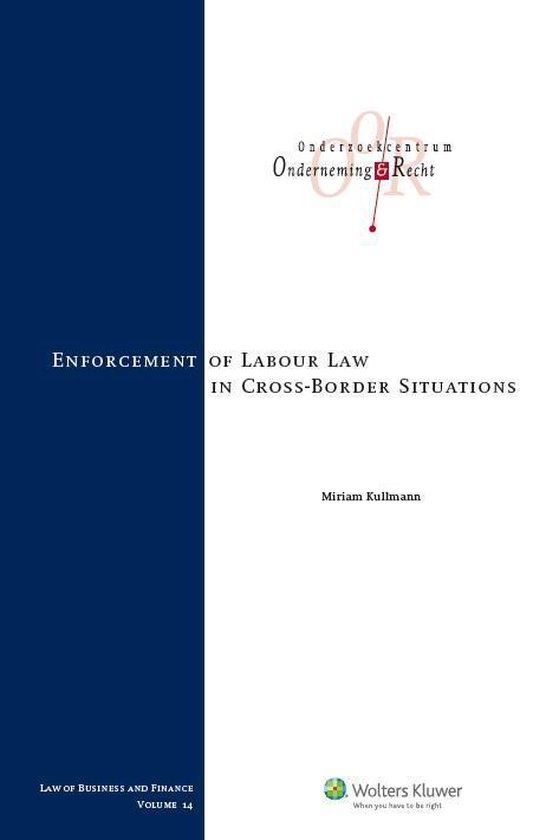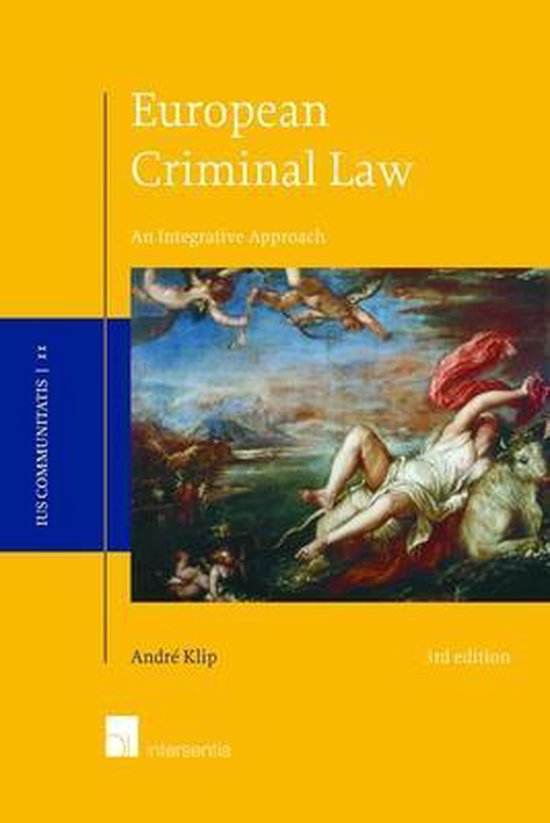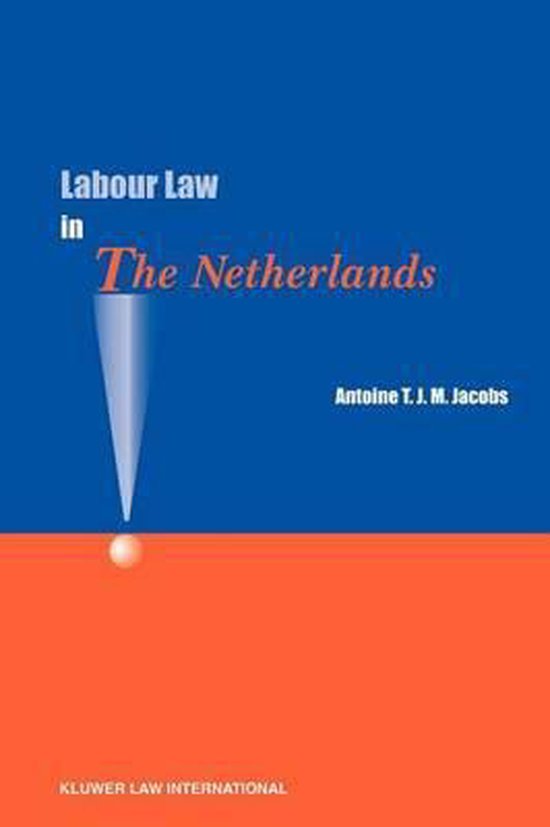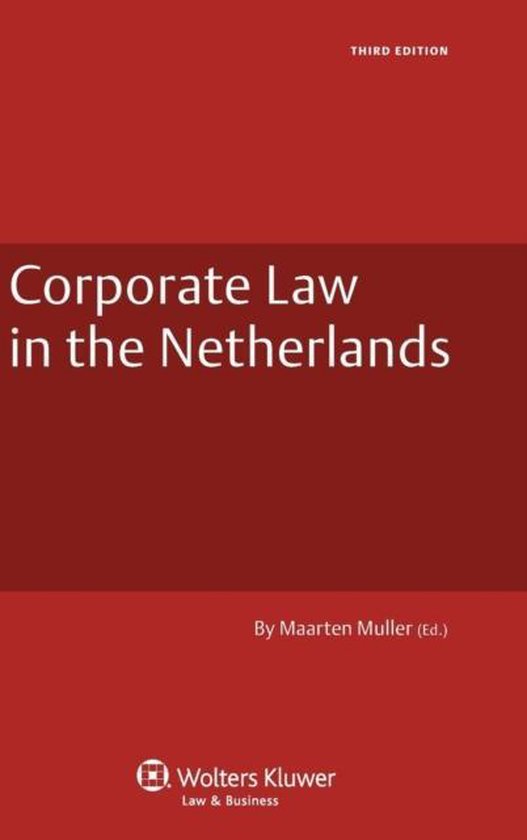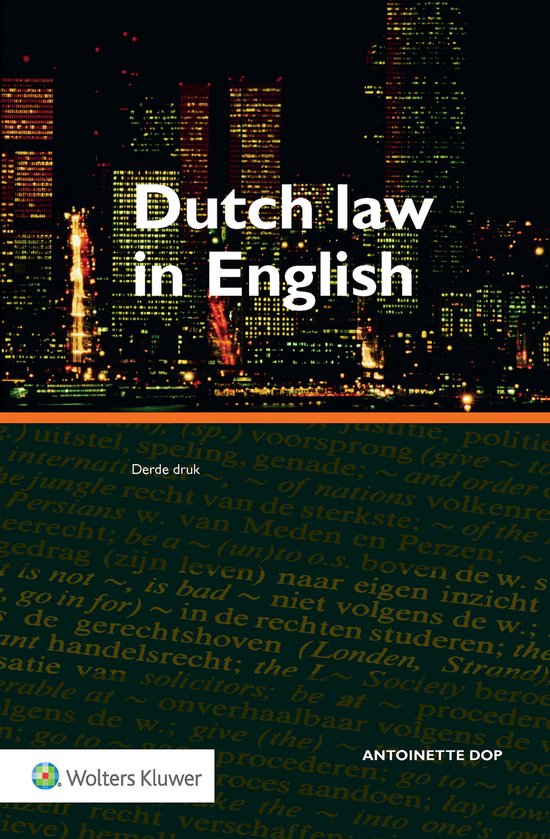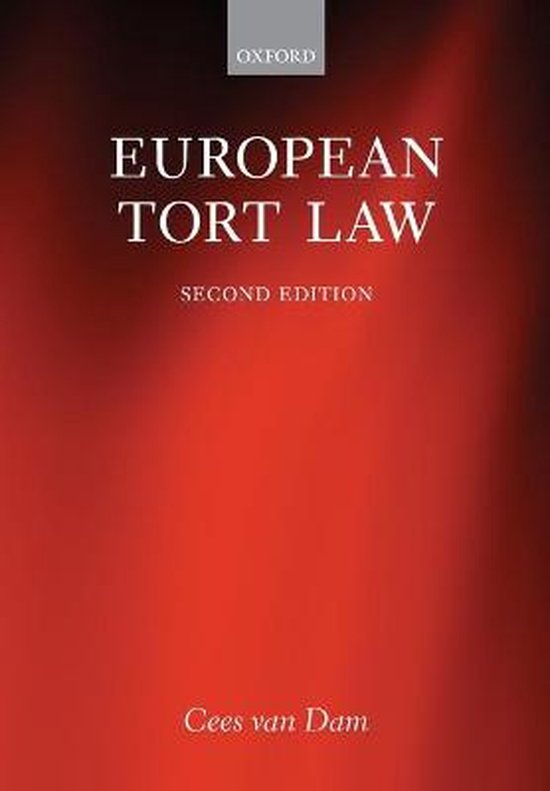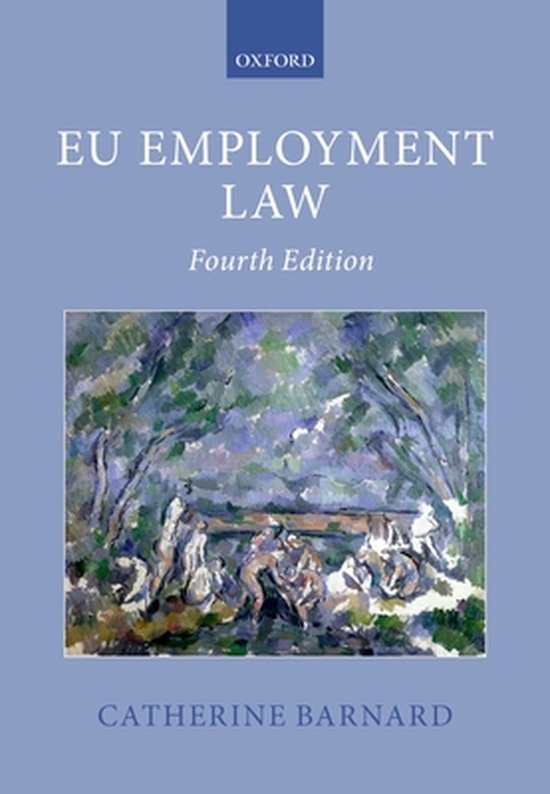
EU Employment Law 4th
The new edition of this major work is a must-buy for all students studying EU employment law. It offers comprehensive coverage of an increasingly complex subject, tackling both case law and legislation, and provides detailed analysis of the EU's Directives and their impact on employment law.
This new edition of EU Employment Law provides a complete revision and update of the leading English language text in the field. The coverage in the new edition has been expanded with material on all the latest developments, incorporating the changes made by the Lisbon Treaty; the EU2020 strategy; the Charter of Fundamental Rights; the 'Article 19 Directives'; the Temporary Agency Work Directive; the revisions to the existing including the Directives on Parental Leave and European Works Council; and the new Social Security Regulations 883/2004. It also analyses the ever-expanding body of employment case law, including the momentous decisions in Viking, Laval, Rueffert, and Commission v Luxembourg. The book begins with an examination of the development of EU employment law focusing on the shift from employment law to employment policy. The text then studies rule-making in the field of employment law, considering both the traditional routes to legislation and governance techniques such as the Open Method of Coordination. The final chapters look closely at the substantive area of employment law, examining the free movement of persons, equal treatment, health and safety and working conditions, the restructuring of enterprises, worker participation, and collective action. Throughout, the book addresses the fundamental question as to the purpose of EU employment law: is it primarily economic, or social, or both?
This new edition of EU Employment Law provides a complete revision and update of the leading English language text in the field. The coverage in the new edition has been expanded with material on all the latest developments, incorporating the changes made by the Lisbon Treaty; the EU2020 strategy; the Charter of Fundamental Rights; the 'Article 19 Directives'; the Temporary Agency Work Directive; the revisions to the existing including the Directives on Parental Leave and European Works Council; and the new Social Security Regulations 883/2004. It also analyses the ever-expanding body of employment case law, including the momentous decisions in Viking, Laval, Rueffert, and Commission v Luxembourg. The book begins with an examination of the development of EU employment law focusing on the shift from employment law to employment policy. The text then studies rule-making in the field of employment law, considering both the traditional routes to legislation and governance techniques such as the Open Method of Coordination. The final chapters look closely at the substantive area of employment law, examining the free movement of persons, equal treatment, health and safety and working conditions, the restructuring of enterprises, worker participation, and collective action. Throughout, the book addresses the fundamental question as to the purpose of EU employment law: is it primarily economic, or social, or both?
| Auteur | | Catherine Barnard |
| Taal | | Engels |
| Type | | Paperback |
| Categorie | | Rechten |
